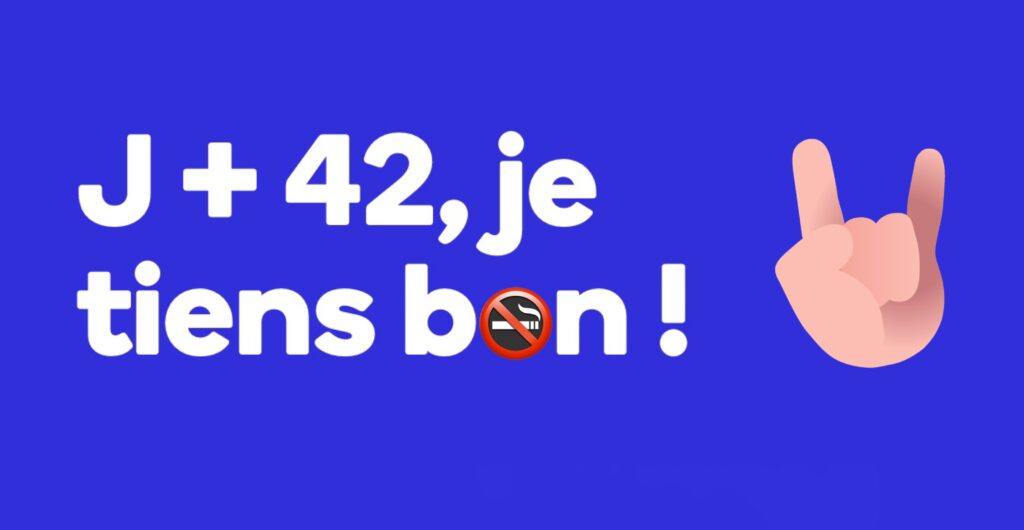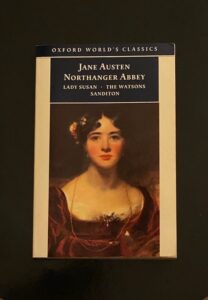Hier j’en entendu parler d’un documentaire de Julie Talon datant de 2019, intitulé « Préliminaires », qu’ARTE a récemment diffusé. C’est un recueil de témoignages d’ados dont on n’entend que les voix, et de jeunes adultes parlant à visage découvert de leur vécu durant leur propre adolescence, avec la perspective de seulement quelques années mais une lucidité incroyable. Le reportage livre leur perception de la sexualité et ce, dès le début du collège (c’est à dire quand ils ont entre 11 et 14 ans), comment ils y sont confrontés, et comment ils en font l’apprentissage. Le tout sans que nous, parents, le réalisions tout à fait.
Conseil à mon fils
J’ai demandé à mon fils adolescent de presque 14 ans, de prendre 50 minutes pour regarder sérieusement, et en entier, ce documentaire.
Je lui ai déjà parlé à quelques occasions de sexualité au cours des trois années passées. Il m’écoute poliment mais semble subir mes monologues même s’ils sont rares, plutôt que se sentir libre d’engager la conversation. Je ne le blâme pas. Hier, donc, je lui ai rappelé qu’il peut parler à moi et à son père, mais je lui ai aussi suggéré de partager le lien de la vidéo avec ses potes et qu’ils en parlent ensemble.
Je me dis que tout ce que j’essaie de lui faire passer comme messages sera peut-être renforcé ou mis en abîme par le biais de ce reportage.
Je lui ai également donné le conseil que j’aurais aimé avoir eu quand j’avais son âge : les premières fois c’est TOUJOURS POURRI. Alors il s’agit de pas se mettre la pression (ha ha, facile à dire avec le recul !), de bien choisir si on le peut, et puisque tout cela se fait le plus loin possible des parents et des adultes, d’éviter de se fourrer dans des situations à problèmes. Maintenant je croise les doigts pour lui qu’il s’en sorte aussi bien que possible et qu’il sache qu’il me trouvera s’il a besoin.
Mon avis, mes notes
J’ai trouvé ce reportage glaçant et émouvant, inquiétant mais rassurant à la fois, parce que ça met en avant que tous les ados sont dans le même bateau, tous désarmés, tous contraints, tous vulnérables.
Voici les notes (qui ne parleront peut-être qu’à moi) que j’ai prises en regardant le documentaire :
- Notion de devoir, pression sociale
- « Jouer aux grands »
- Paradoxe de liberté / libération, mais, que pour les hétéros. « Les prélis, c’est le jeu des hétéros et la douleur des personnes queer »
- « On peut pas juger une personne sur le physique. On le choisit pas. On naît avec. »
- Honte, craintes, contraintes, violence, `nudesˋ, chantage, passage à l’acte
- Codification due au porno auquel ils ont accès facilement et fréquemment. « Je l’ai fait parce qu’il fallait le faire. » « C’est les mecs qui donnent le ‘la’ »
- C’est compliqué d’en parler, y compris aux parents.
- Importance reconnue du consentement, mais par égoïsme ou ambiguïté certains « non » sont ignorés (point de vue masculin). Et quand on réalise là où on a mis les pieds, c’est difficile souvent de revenir en arrière (point de vue féminin).
- « Pour porter plainte il faut être avec un adulte. »
- « S’il m’avait respectée il aurait arrêté quand j’ai dit non, non non … J’ai accepté parce que j’avais peur. »
- Les « prélis » ne sont pas considérés comme du « vrai sexe », mais comme du « sexe-moins », « ça engage moins, donc c’est pas très grave. »
- Et puis cette gamine qui disait en milieu du documentaire, qu’elle avait fait une fellation parce qu’elle croyait qu’il fallait, qu’elle avait détesté et puis qu’elle avait mis deux ans avant d’en refaire tant ça l’avait dégoûtée ☹️
3615 MaVie
Premier baiser pendant l’été entre la dernière année de petite école et l’entrée au collège, lors d’un séjour linguistique en Angleterre. Première relation sexuelle à 17 ans, l’été après le baccalauréat. Et entre les deux : seulement quelques petits copains –pas beaucoup– et zéro jeux sexuels (ce que les ados d’aujourd’hui appellent « prélis ».)
De mon adolescence, celle de son père et des autres adultes de son entourage, je crois qu’on n’a rien à transposer et rien ne pourrait aider vraiment mon fils. Pour ma part je me souviens (pas très clairement) d’un livre illustré que mes parents avaient acheté, façon bande-dessinée mais avec des photos, mettant en scène une famille à différents moments de leur vie. Je me rappelle avoir feuilleté « le déclic » que j’avais trouvé dans les toilettes chez des amis de mes parents et même si je comprenais rien je me souviens très précisément devoir absolument ne PAS en parler (et je m’y suis tenue jusqu’à maintenant :D). Je me souviens vaguement qu’il y avait un film érotique à la télé sur la 5 ou la 6 tard un samedi de temps en temps, mais c’était pas possible pour mon frère et moi d’en voir car la télé était dans la chambre de mes parents. Je me souviens en souriant du matelas de mon frère qui prenait la forme d’une pyramide à mesure qu’il stockait des BDs cochonnes qui ne me fascinaient pas mais dont j’ai consulté quelques exemplaires lorsqu’il n’était pas dans sa chambre. Il n’y avait pas Internet, évidemment, jusqu’à ce que je sois déjà adulte.
Mais je ne me souviens pas d’avoir subi de pression sociale, pas de telle violence dans les attentes ou les codes de l’époque. Je me souviens assez bien qu’on disait de moi dès le collège que j’avais un « super corps mais une vilaine tête » et étonnement ça ne m’a fait ni chaud ni froid. Par contre (ou alors à cause de), je me souviens amèrement qu’à la petite école et en colonies de vacances on disait de mes tâches de rousseur qu’on m’avait « tiré dessus avec un fusil à merde à travers une passoire » (c’est bigrement précis, quand même) et comme on m’avait aussi dit que pour les faire partir il fallait se frotter le visage avec la rosée du matin, j’avais essayé et j’étais triste que ça ne marche pas.

